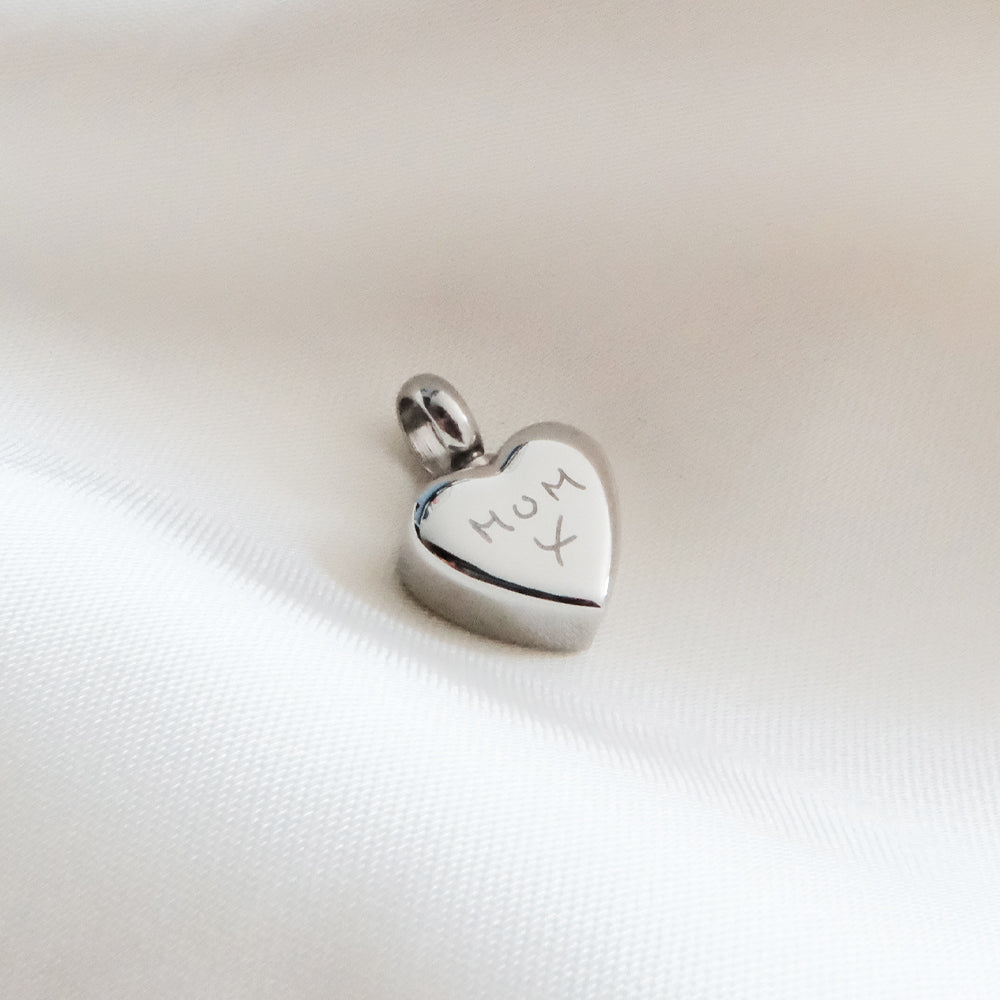
Coping with Grief in Midlife: Healing After Losing Parents
Share
The loss of a parent is one of life’s most profound experiences. No matter your age, saying goodbye to the people who raised and loved you leaves an ache that words can’t fully describe. But for many, losing parents in midlife carries unique challenges—balancing grief while caring for children, supporting a spouse, or even helping surviving parents and relatives.
It is both a personal loss and a turning point in life.
Why Losing Parents in Midlife Feels Different
-
Stepping Into a New Role
When parents pass away, many people suddenly feel like they’ve become the “older generation.” Without that anchor, there can be a sense of being untethered. -
Balancing Responsibilities
Midlife often means juggling work, raising children, and financial pressures. Grief doesn’t pause those responsibilities, which can make it harder to process loss fully. -
Facing Mortality
The death of a parent can bring awareness of your own aging and the limited time we all have. This can spark anxiety but also reflection on how to live with meaning.
Ways to Navigate Grief in Midlife
1. Allow Yourself to Grieve Fully
It’s easy to push grief aside when you have others depending on you, but unprocessed grief lingers. Allow space to cry, reminisce, or simply sit with your emotions without guilt.
2. Seek Connection Through Memory
Talk with siblings, children, or friends about your parents. Share stories, look through old photos, or keep a personal item close. Some people find comfort in ashes jewellery or memorial keepsakes, which allow them to carry a small piece of their parent with them every day.
3. Lean on Support Systems
Grief feels lighter when shared. Whether it’s therapy, grief groups, or simply a trusted friend, speaking your feelings aloud helps prevent isolation.
4. Honour Their Legacy
Continue traditions your parents cherished—cook their favourite recipes, celebrate holidays the way they did, or create a small ritual in their memory. Acts of remembrance transform pain into connection.
5. Focus on Healing and Growth
While grief never disappears, it can reshape into gratitude for the love you received. Many midlife adults use this period to reflect on what truly matters, often leading to deeper relationships and new purpose.
The Comfort of Keepsakes
For some, tangible reminders bring peace during grief. Cremation jewellery—pendants, rings, or bracelets that hold ashes—offers a way to carry your parents close. These keepsakes become symbols of love, strength, and continuity through the difficult days.
Moving Forward With Love
Losing parents is a turning point in life. It brings sorrow, but also an opportunity to reflect on the love, values, and lessons they passed down. In midlife, grief may feel heavier because of life’s responsibilities, but it also comes with a deeper ability to cherish memories and honour their legacy.
As you move forward, remember: grief is not a sign of weakness—it’s a reflection of love. And though your parents may no longer be physically present, their influence and love live on through you, every single day.
